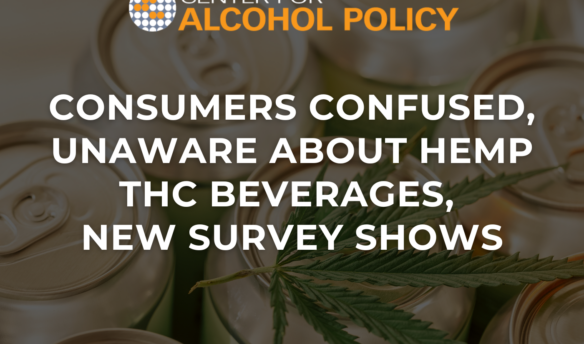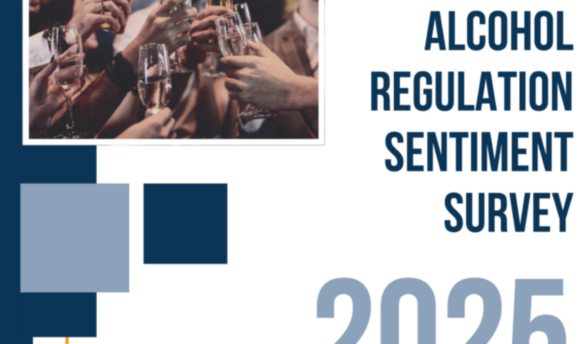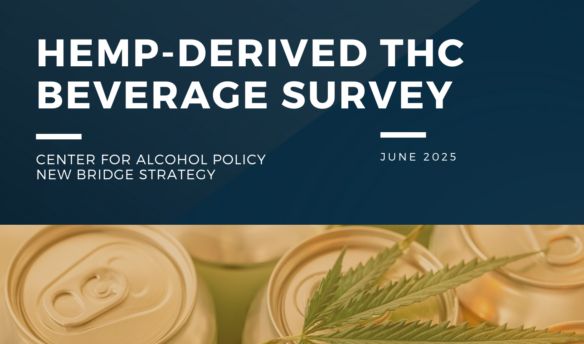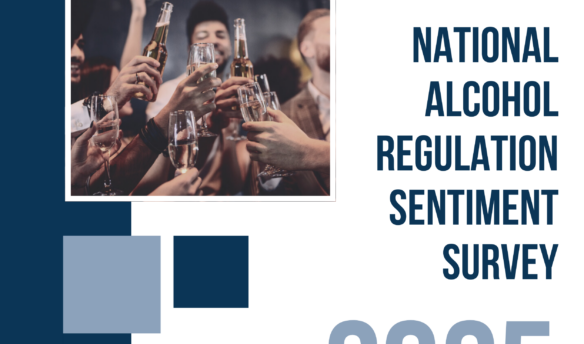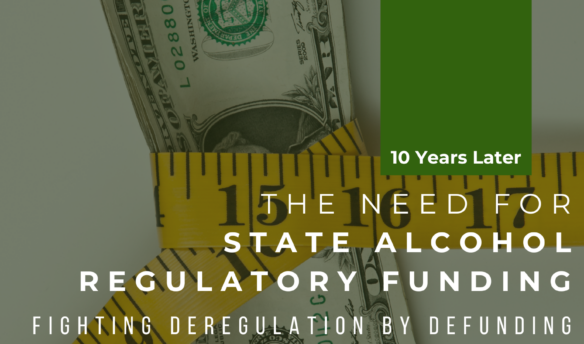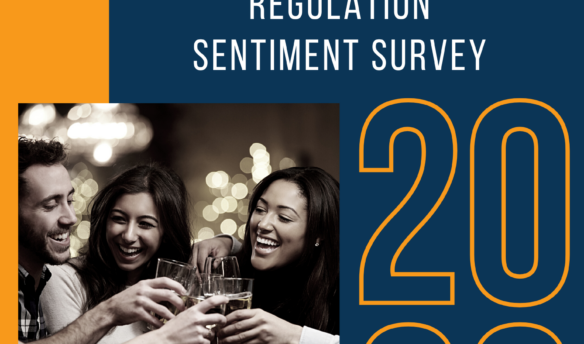
Educating regulators, policymakers and the public about alcohol’s uniqueness and regulation
Alcohol Law & Policy Conference
Each year, the Center brings together some of the best minds in the country – including state alcohol regulators, public health leaders, state attorneys general, state legislators, educators, and industry members – to discuss and debate current alcohol issues and challenges. The conference has become the leading national forum for alcohol policy education and networking.
Attendees take advantage of this annual forum to learn about a wide range of topics, including 21st Amendment litigation, trade practice enforcement and public health aspects of alcohol regulation.

Recent News
Recent Research
Meet our team
The Center for Alcohol Policy is led by Executive Director Kelly Roberson and supported by an Advisory Council of experts with deep experience in alcohol regulation, public safety, and policymaking. Our team brings together diverse perspectives to guide the Center’s educational initiatives and research. Together, they help shape programs that promote understanding of effective alcohol policy across the country.


